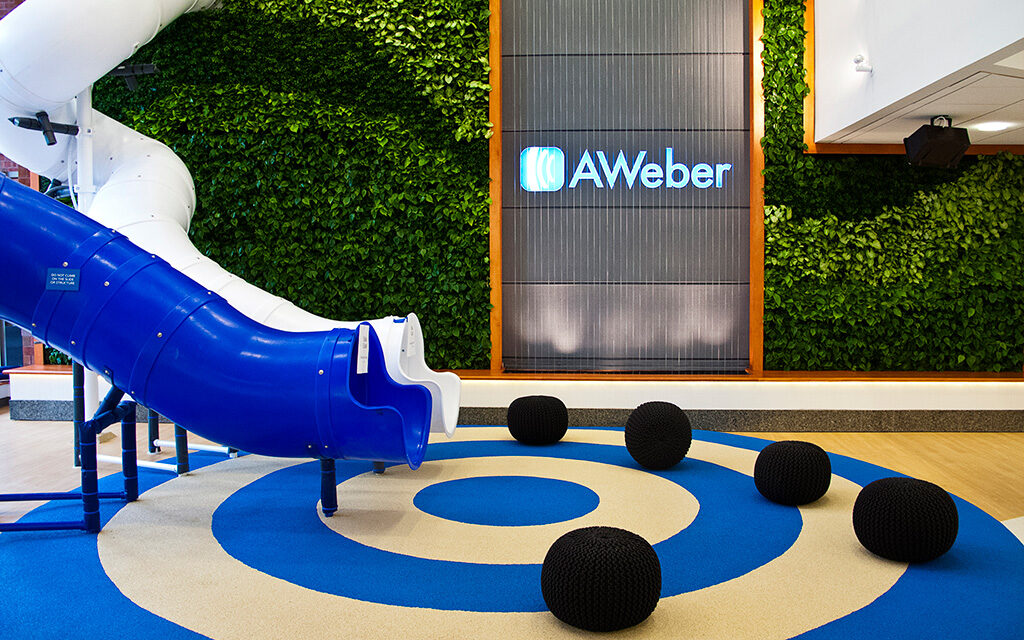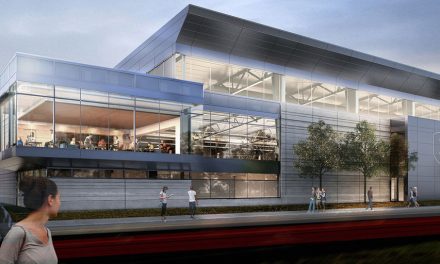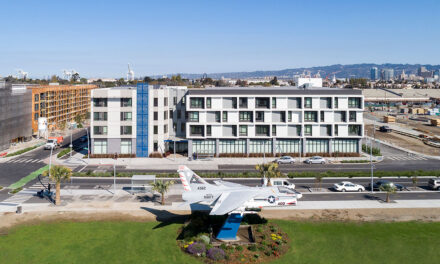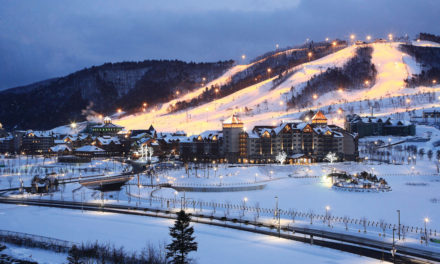Competition for employees is fierce. As the labor market tightens toward full employment, companies continue to develop new and innovative ways to attract and retain top talent.[1] Two major tools are branding, the values and aesthetics that set companies apart from their competitors, and employee experience, the day-to-day amenities and aesthetics of the workplace. Interior designers for some companies are adopting a solution that boosts workplace allure on both counts and energizes spaces: living green walls.
Attracting Millennial Employees with Green Branding
For many organizations, adapting to the demands of the information economy is a priority, and the talent pool skews younger for digitally savvy professionals. As a result, many companies are updating branding and experience to satisfy Millennial tastes. So, are there any discernible trends in the generation’s preferences? According to a National Gardening survey, 5 of every 6 Americans to take up gardening in a year were between 18 and 34 years old.[2] When making purchasing decisions, nearly three-out-of-four Millennials are most willing to pay extra for sustainable offerings.[3] Seventy-six percent of Millennials consider a company’s social and environmental commitments before deciding where to work.[4] In a word, Millennial taste is green.
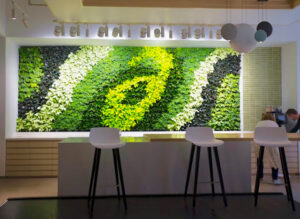
The new ASICS design studio in Boston features a GSky® living green wall in the employee break bar. Courtesy of GSky Plant Systems, Inc.
Interior designers and architects for major companies are taking notice and installing sustainable design elements in high-profile locations at their properties. Some companies take the branding opportunity literally. A recent article in the New York Times described the recent real estate upgrade by footwear and apparel company ASICS in an attempt to attract and retain the best shoe designers. In the employee break bar at a new downtown Boston location, a Versa Wall® designed by GSky Plant Systems, Inc. sports the company’s logo. GSky’s unique tray system sets individual four-inch pots in the wall so plants of different shades can create the curving lines of a signature figure most commonly seen on sneakers.[5] These plants can later be swapped out to change the design and add a seasonal look to the wall. For other companies, the medium of the living wall conveys much of the message even with a more naturalistic design. The National Geographic Society—a brand inextricably linked to the outdoors— greets visitors to their Washington, D.C. headquarters with a more straight-forward living green wall by GSky Plant Systems.
Indeed, important corporations in a variety of markets are adopting the novel architectural element. Walls have cropped up in such diverse settings as healthcare centers, law firms, and the corporate offices of global car manufacturers, not to mention their high popularity in the hospitality and retail sectors. Perhaps the most telling endorsement of the living green wall as a Millennial magnet comes from technology corporations, including digital first companies like Etsy, Mashable, and AWeber. Microsoft, Google, Twitter and others have a Versa Wall® by GSky®.
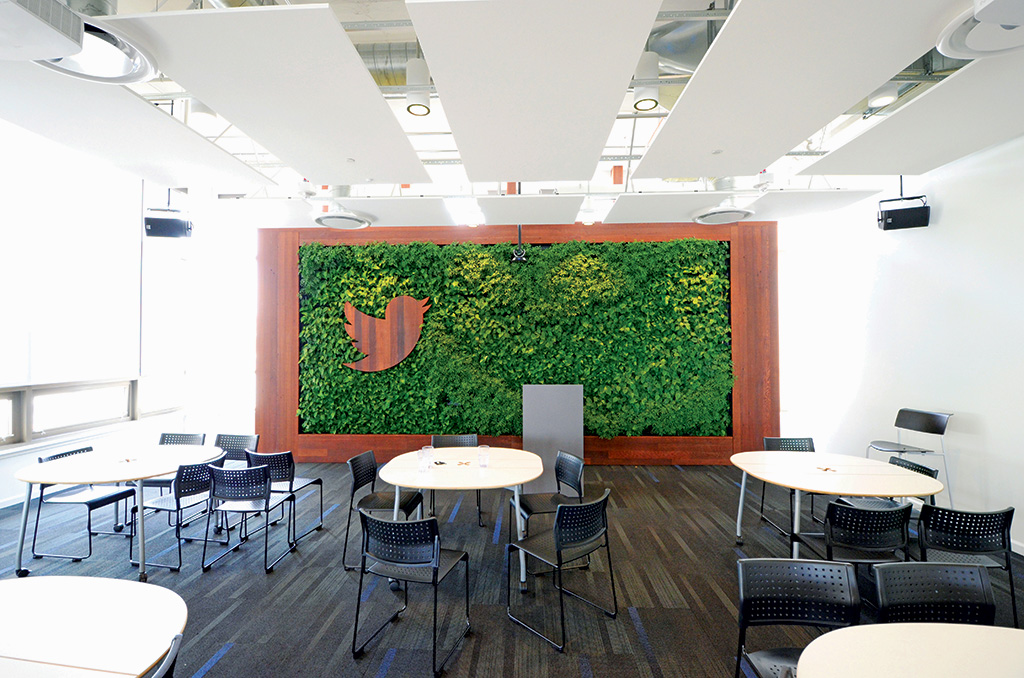
Twitter in San Francisco. Courtesy of GSky Plant Systems, Inc.
Biophilic Design for Office Productivity
Green design is not simply a question of appearance. Plastic plants would be a cheaper investment, but fake green walls miss the point for employees. Ultimately, while young people today may be more interested in green design than past generations, there is a growing body of evidence that all of us are inclined to be around live plants. Prominent biologist E.O. Wilson argues that there is a genetic proclivity on the part of humanity to focus on and affiliate with nature, or more specifically with biodiversity. The Biophilia Hypothesis, as it is termed, draws from the fields of evolutionary biology and psychology for support. As a body of scholarly work continues to grow, the various benefits of exposing people to nature become clearer. For example, findings suggest that “even unspectacular natural settings can promote stress recovery faster and more completely than urban environments lacking nature.” Other research suggests that exposure to nature can induce positive shifts in emotion, facilitate high-order cognitive functioning, and even increase creativity and productivity.[6] [7]
As a result, living green walls are not only for hip new office layouts or companies looking to exude a start-up energy. Even a staid company can get more out of their employees with a touch of biophilic design. Walls offer psychological benefits, and the calming colors of a vertical garden can reduce stress on an individual level, with obvious positives from an organizational perspective. Additionally, a major benefit of living green walls is its effect on health. Plants in living walls remove toxins from the air to improve workplace wellbeing. Research has found that indoor plants can clean the air of pollutants such as formaldehyde, carbon monoxide, ozone, toluene, and benzene, and can reduce particulate matter (dust) by as much as 20% in a room.[8] Fewer colds and headaches might result in fewer sick days, and could enable greater efficiency as the slowing effects of poor health are mitigated. Clearly, living green walls can improve employee experience of the workplace, and while health factors may be difficult to describe in hiring material, the overall effect of biophilic design can influence healthier, happier, and more productive employees to stay with a company.
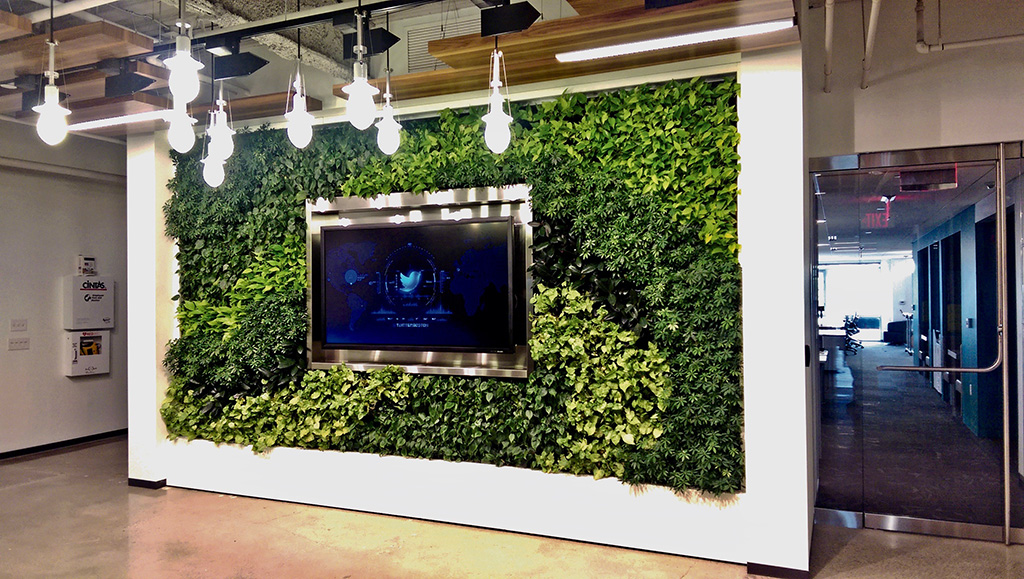
Twitter has installed multiple GSky® Versa Walls®, including this wall in Cambridge, Massachusetts. Courtesy of GSky Plant Systems, Inc.
Living Green Wall Considerations for the Modern Workplace
Of course, the growing trend toward living walls is not completely independent of other workplace changes. The open-plan office, for example, creates certain issues that segmented offices avoided if not by design then by accident. The door and the cubicle divider in traditional office spaces provided semi-private work spaces, but it is important to consider their qualities. Certainly, these dividers created visual barriers, but they also controlled the auditory environment by trapping sound waves in compartments. Living walls are excellent at absorbing sound, making them a solution to an issue created by novel office design.
Nevertheless, living green walls are a commitment for space planners. Some walls run water to plants several times each day, increasing water bills and running counter the environmental concept. Plus, any living thing requires specific conditions for survival, and a living wall calls for a certain amount of maintenance. The system used in many offices, the GSky® Versa Wall®, is designed for high water efficiency with an irrigation system that runs less than once a week. However, even the most conscientious office manager or in-house decorator should make sure their living green wall dealer guarantees maintenance. The Versa Wall® comes with a plant guarantee, but not all living green wall companies offer support after installation.
Build A Living Wall for Employers to Energize Workers and Retain Talent
Office architecture and design earns a reputation for drab repetition, and even sleek new offices are in danger of seeming sterile. Biophilic design and corporate branding may seem at odds at first, but Millennial fondness for flora means that both can help hire young professionals and get the most out of them. GSky’s Versa Wall® system provides architects and interior designers a canvas for creating living art that helps people breathe and boosts their productivity. When designing a space to advance the objectives of a corporate client, living green walls are a sustainable option with the flexibility to meet the specific demands of any indoor space or corporate imagination.
[1] https://www.bloomberg.com/news/articles/2019-03-08/u-s-payroll-gains-plunge-to-20-000-while-wages-top-estimates
[2] https://gardenresearch.com/national-gardening-survey-2016-edition/
[3] https://www.nielsen.com/eu/en/insights/news/2015/green-generation-millennials-say-sustainability-is-a-shopping-priority.html
[4] https://www.buildings.com/news/industry-news/articleid/21890/title/office-redesigns-sustainable-fashionable
[5] https://www.nytimes.com/2019/02/19/business/bostons-work-force-draws-sneaker-brands-new-offices-raise-the-competition.html
[6]The Biophilia Hypothesis (1993), edited by Stephen R. Kellert and Edward O. Wilson
[7] https://public.wsu.edu/~lohr/pub/2010LohrBenefitsPltsIndoors.pdf
[8] https://public.wsu.edu/~lohr/pub/2010LohrBenefitsPltsIndoors.pdf
About the author
 Hal Thorne
Hal Thorne
Chairman and CEO of GSky Plant Systems, Inc.
Hal Thorne is the CEO and Chairmen of Gsky Plant Systems Inc., a leading supplier of living green wall systems with over 525 wall systems in North America, Europe, the Middle East and Australia. Hal oversees the development of innovative living green wall systems for indoor and outdoor applications as well as the expansion of global business operations. Under Hal’s leadership, Gsky Plant Systems Inc., has become the leading Global Provider of green wall systems.

